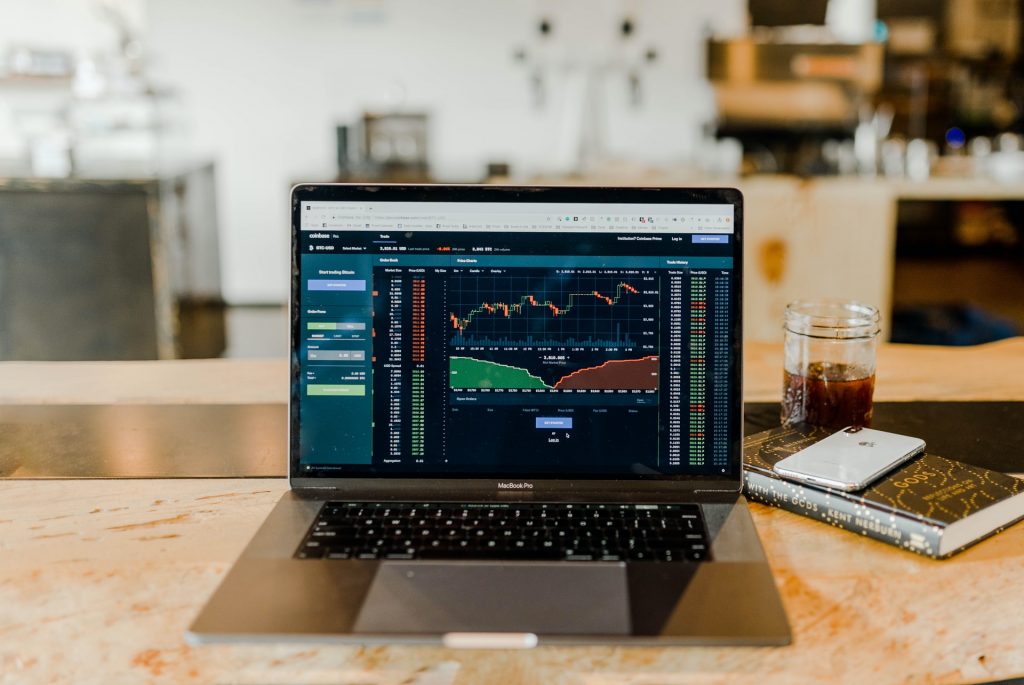Historic Oil Crash Highlights Need for Diversified Portfolios
In April 2020, millions across the world sat in awe watching the historic oil crash which subsequently had a ripple effect into other markets. The tumultuous nature of the plummet highlighted a burgeoning need for investors to have proper portfolio diversification; advice commonly given out, but scarcely followed.

The shock event resulted in oil prices bearing negative values. Some holders of crude contracts were even looking to pay people to have it, just to offload it. Manufacturers were asked to halt production while the crisis was addressed. Consequently, the surplus supply had grown exponentially, and producers were left with vast quantities floating on huge tanker ships in oceans across the globe.
Why Diversify?
While the economic fallout of such an event was unpredictable, it did expose critical advice for new investors unfamiliar with how to mitigate further risk in situations like it. Portfolio diversification spreads your risk, as you can invest in multiple industries. In turn, if a commodity tied to a particular industry crashes, your other holdings would not decrease. This is providing you have diversified enough that you are not reliant on any one industry or asset class.
Identifying which investments could be used to diversify your portfolio can be a difficult affair, largely because there are so many to choose from. One method that can help protect investments when markets sour is a Contract For Difference (CFD). This investment vehicle can be useful in hedging, as it can be used to make profit during either a bearish or bullish price movement associated with the underlying asset.
Explore the Tactics
Portfolio diversification can encompass of a variety of investments that ensures your exposure to a singular asset class is reduced significantly. Some stockholders will opt to invest in bonds and generate passive income which, while less profitable, is not as volatile. Since the behavior of bonds are notably different, they can be used as a hedge against falling stocks in some capacity. While they may not recover the total loss of a crash elsewhere, the overall hit will be less impactful.
Source: Pixabay
It’s also important to note that, before you invest in any stock or trade using currency pairings, it is imperative you conduct thorough and in-depth research to fully understand what you are getting involved with; this must always be followed, regardless of the situation. Foreign exchange (forex) markets offer services relating to trading currency pairs and, while this can be daunting for traders and investors of any experience level, there are automated trading forex robots and programs
that trade on behalf of the user. These can be useful to some, as they can reduce the amount of active time needed in the markets.
While the previous example is far more sophisticated, the use of automated tools has been of benefit to many companies. For example, there are different types of automation industry tools for the manufacturing sector, such as a Programmable Logic Controller. This enables the user to control many devices and switch between different processes in a power plant with ease. This is achieved through programming logic into the device, hence its name.
Commodities as Alternative
For those who do not want to use automated tools, commodities represent yet another useful diversification opportunity. It should be noted that this option is more suitable to experienced traders. Commodities can serve as a hedge to mitigate the effect of inflation your finances, as they have shown resilience throughout the same periods. Though, they are still subject to volatility.
Portfolio diversification does not inherently guarantee you will be risk-free; however, it will help spread your risk relating to individual stocks, commodities, and other asset classes. Investing can be a complicated affair, but with the right research and knowledge, sound strategies can be developed to aid you in your endeavors.

